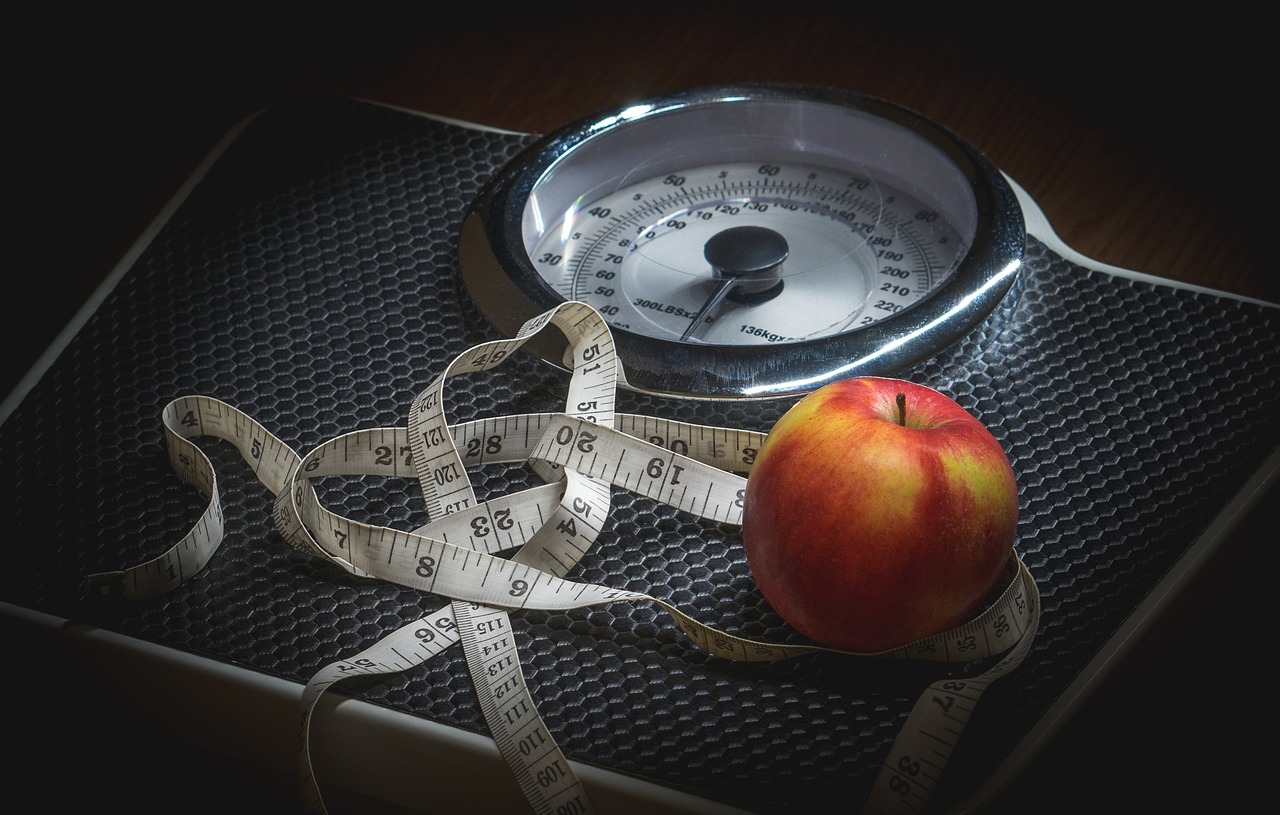When you indulge in intermittent fasting, the focus should be on the time intervals at which you eat, and not on the foods itself. The time intervals, between which food is consumed plays a vital role in your weight loss goals. Longer hours of fasting may lead to gastric problems and acidic formation inside the body and can cause ulcers.
Fasting for weight loss is like gradually preparing your body for a drastic change. It is like cutting weeds from a field one by one than ripping up all the crops because of a small weed infestation. When choosing to opt for fasting as a method for losing weight, one should not completely cut down on all calorie- intakes all together; the process of cutting down calories should be slow, efficient and effective. Otherwise, there is a high chance of the body reacting in all the wrong ways.
Related Reading:
Lose Weight In 7 Days: An Extreme Weight Loss Diet
How To Lose Weight Naturally| 6 Natural Weight Loss Tips That Always Work
Top 10 Diets To Lose Weight: Best Diets You Can Follow For Quick Weight Loss

The first few pounds people shed when they start fasting is water weight; it is usually very easy to lose the water weight. It is not only easy to lose water weight but also easier to gain it back! This is a worse problem to have because you will have to carry extra flab in your body along with a slow rate of metabolism, which defeats your weight loss objective.
Related Reading:
Super Foods To Reduce Belly Fat | Best Diet To Shed Tummy Flab
When one gains weight as an effect of stopping their fast, the gained weight will be all fat and there is also a chance of muscle loss, so, to gain back the muscle it is better to hit the gym and regain the lost muscle. The first few pounds that a person sheds with the help of fasting can never be fat. This is because burning the excess fat in one’s body is a more complex job than you ever imagined!
At the time of fasting, a person experiences lots of internal and external changes. It helps in creating less insulin. Insulin is a substance that is created when a person eats food. Less food means less insulin. Higher levels of insulin don’t help in burning unnecessary fat.
When a person is fasting in a healthy manner, it helps in the increased production of the human growth hormone, which is an active agent in burning the body fat and gaining muscles. Fasting also helps to create nor-epinephrine, which is produced by the nervous system. This is infused inside the body to get to the body fats and break them into free fatty acids which will further be converted to energy by burning the fatty acids.
Foods to consume while fasting for weight loss
The common knowledge everyone has is that breakfast is the most important meal of the day. However, while you are on intermittent fasting, it is better to avoid breakfast and consume something lighter than a full meal. Abstaining from having breakfast helps the human body to go for a longer duration without having solid foods. This is the ultimate goal for fasting as a method for weight loss.

The food intake should have intervals of around 6 to 8 hours for effective fasting. It is always advisable to eat raw fruit and vegetables as most of the nutrients in these foods will be lost when they are cooked. Also, there should be sufficient intake of fat; else, the body might collapse due to a shortage of necessary nutrients.
Conclusion
Fasting is one of the successful and effective methods of losing weight. However, they can also have side effects which can last longer and can cause permanent damage to a person’s body. Long hours of fasting can result in mood swings, dehydration, uneven sleeping patterns and even anemia in a lot of cases. Always consult a doctor or dietitian to check if you can resort to fasting as a weight-loss strategy, before trying this out yourself.





